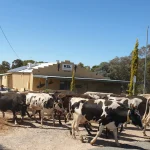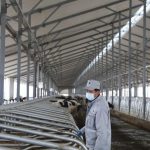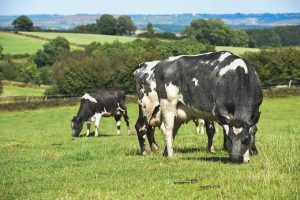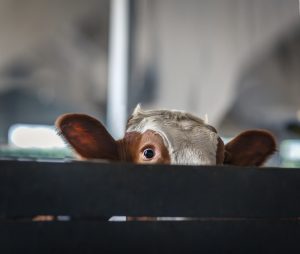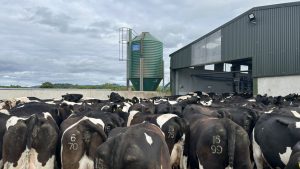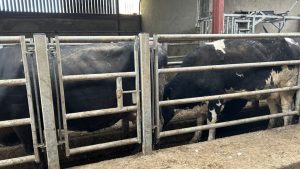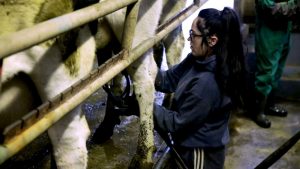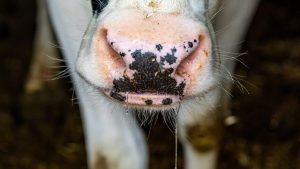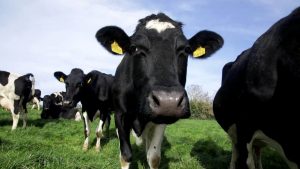
Three of the world’s largest producers of baby food, Danone, Abbott, and Wyeth — all of which operate manufacturing facilities in Ireland — are facing major market disruption with potentially dire consequences for jobs and dairy processors.
China, the world’s largest market for infant formula, and a major focus of these three exporters, has become particularly challenging as a result of Covid-19 restrictions, low birth rate, registration requirements, and intense competition from domestic Chinese manufacturers who have regained consumers’ trust.
According to Euromonitor, Chinese brands have rapidly gained market share in recent years, with Feihe taking 20%, up from 12% in 2019, of the market based on retail sales and Yili the other leading local brand taking 14% in 2022.
This compares to a substantial fall in market share for imported brands such as Danone, which is down to 12% and Nestle, parent company of Wyeth, down to 10%, followed by Abbott at 3%.
The Covid pandemic, and the associated disruption to the shipment of products across the globe, had a particularly detrimental effect on European suppliers to Asian markets.
Adding to the challenges this year is the new national standard for infant formula due to be implemented by the Chinese government next month, and many companies including European manufacturers are still awaiting approval.
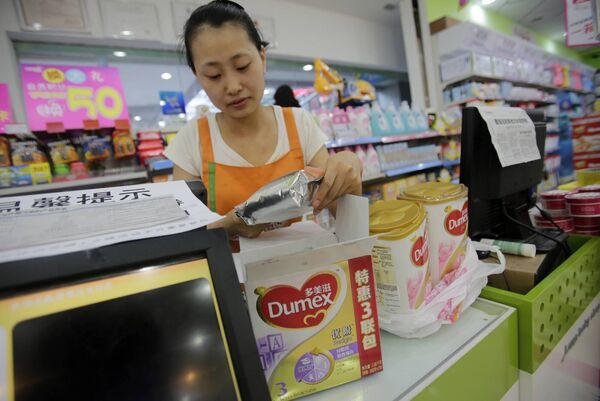
It is anticipated by industry specialists that as much as a third of all formula brands will fall by the wayside this year due to China’s new standards, which are likely to further increase Chinese consumers’ trust in local brands that pass the new standards.
The potential impact of these China market changes remains a major question for over 1,000 dairy farms on the island of Ireland who supply quality milk to these major infant food producers.
Infant formula products at the Abbott Cootehill facility, Wyeth’s Askeaton factory, and Danone’s Macroom and Wexford plants are blended, pasteurised, and dried. Once packaged, they are distributed to Europe, Southeast Asia, the Middle East, Latin America, and Canada, but not to the US.
European manufacturers are not approved to sell infant formula products in the US as they are not regulated by the US Food and Drug Administration (FDA).
In the past year difficulties in the Chinese market have been offset to some extent by the loosening of import controls by the FDA to offset manufacturing problems, product quality recalls, and Covid-related supply chain distribution disruption, in the tightly-controlled US home market.
The US is the second largest market for infant formula. However, four companies control about 90% of the US market. Abbott’s US facility accounts for nearly half the market. Other players are Mead Johnson Nutrition, Nestlé USA, and Perrigo.
Only 2% of formula is imported and FDA rules make it very hard for new companies to enter the market.
The fact that there are so few companies means that, when one factory is shut down, it creates a domino effect which, over the past two years, has created major shortages, with mothers up and down the US unable to purchase when required.
To alleviate what had become a critical shortage and a political hot potato, the FDA was obliged to introduce temporary import exemptions in the past year to a number of non-US production facilities including Abbott in Cootehill and Danone in Macroom.
However, all foreign supplier exemptions were due to expire at the end of December and US importers will face tariffs of up to 17.5% on sales to the market even if technical food safety standards are approved.
Adding to the challenges for the sector is the worldwide drive, particularly by young parents, to adopt organic baby food.
Many companies are working to develop animal-free baby foods that contain the same nutrients as breast milk, which may produce lucrative new revenues for them in the future but may hasten the decline of the dairy processing sector in Ireland.
John Whelan is a consultant on Irish and international trade

